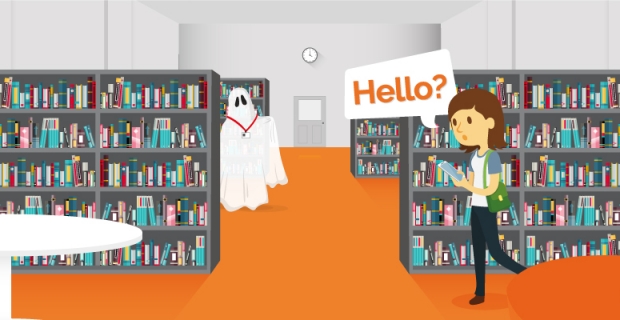Libraries
EDI in academic libraries: report available
Library Life Pulse 2024
Key findings: ‘Role of libraries in student wellbeing’ research project
Why university libraries are becoming more coffee shop and less text book
New project announcement:
Understanding the digital behaviour and experiences of students at the University of Sheffield Library
The University of Sheffield Library has commissioned Alterline to deliver an in-depth qualitative study investigating students’ and academics’ experiences of their digital offer. The project will combine ethnographic observation, interviews and focus groups and will culminate in a report which explores current behaviours, identifies key areas for improvement and maps users’ needs and expectations. The Library will use the evidence to shape their digital strategy and improve user experiences.
Engaging with academics: University of Manchester Library reading lists project
The Power of Ethnography: Driving improvements in university libraries
New project announcement:
University of Manchester Library – Staff experiences and engagement
We have worked with The University of Manchester Library for a number of years helping them to understand and improve students’ experiences. We’re pleased to announce that the team has recently commissioned us to help them understand things from a different perspective; exploring staff engagement and experiences as part of a wider culture change programme.
During the initial stage of the project, we will investigate staff experiences through online diaries and in-depth face-to-face interviews. This qualitative element will be followed by an online survey which will be repeated on an annual basis, used alongside more regular ‘pulse’ surveys that will focus on topical issues.












